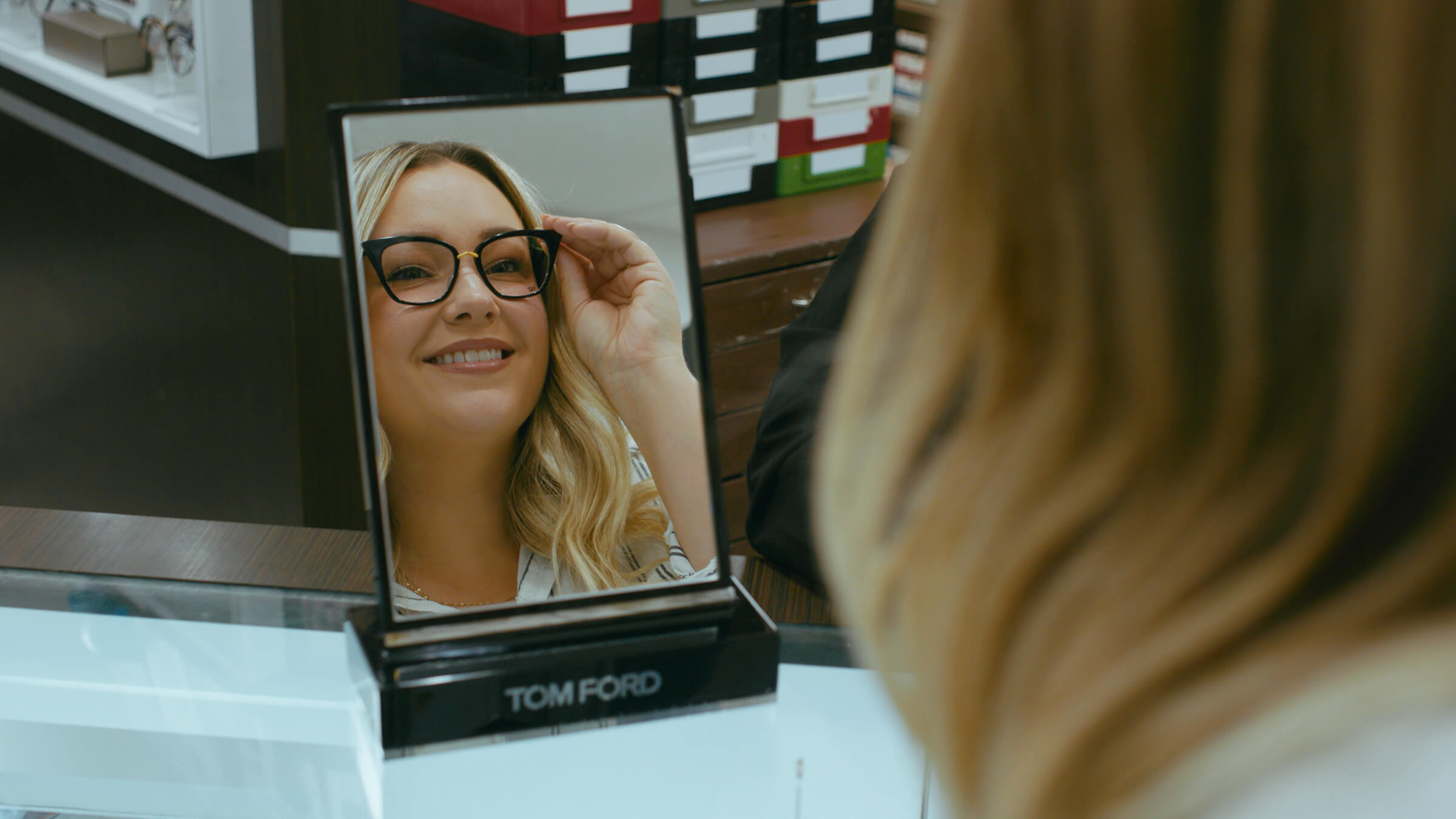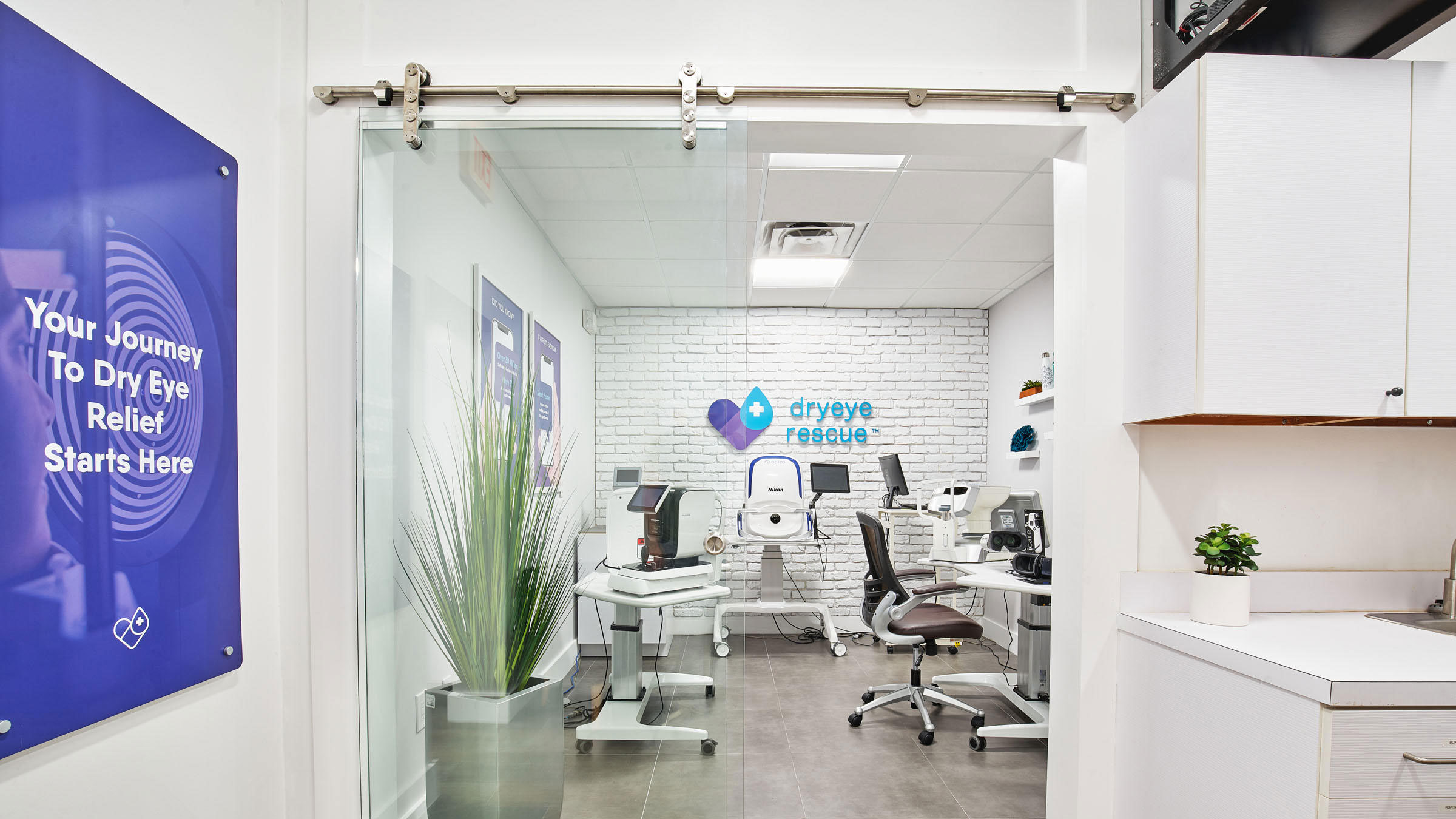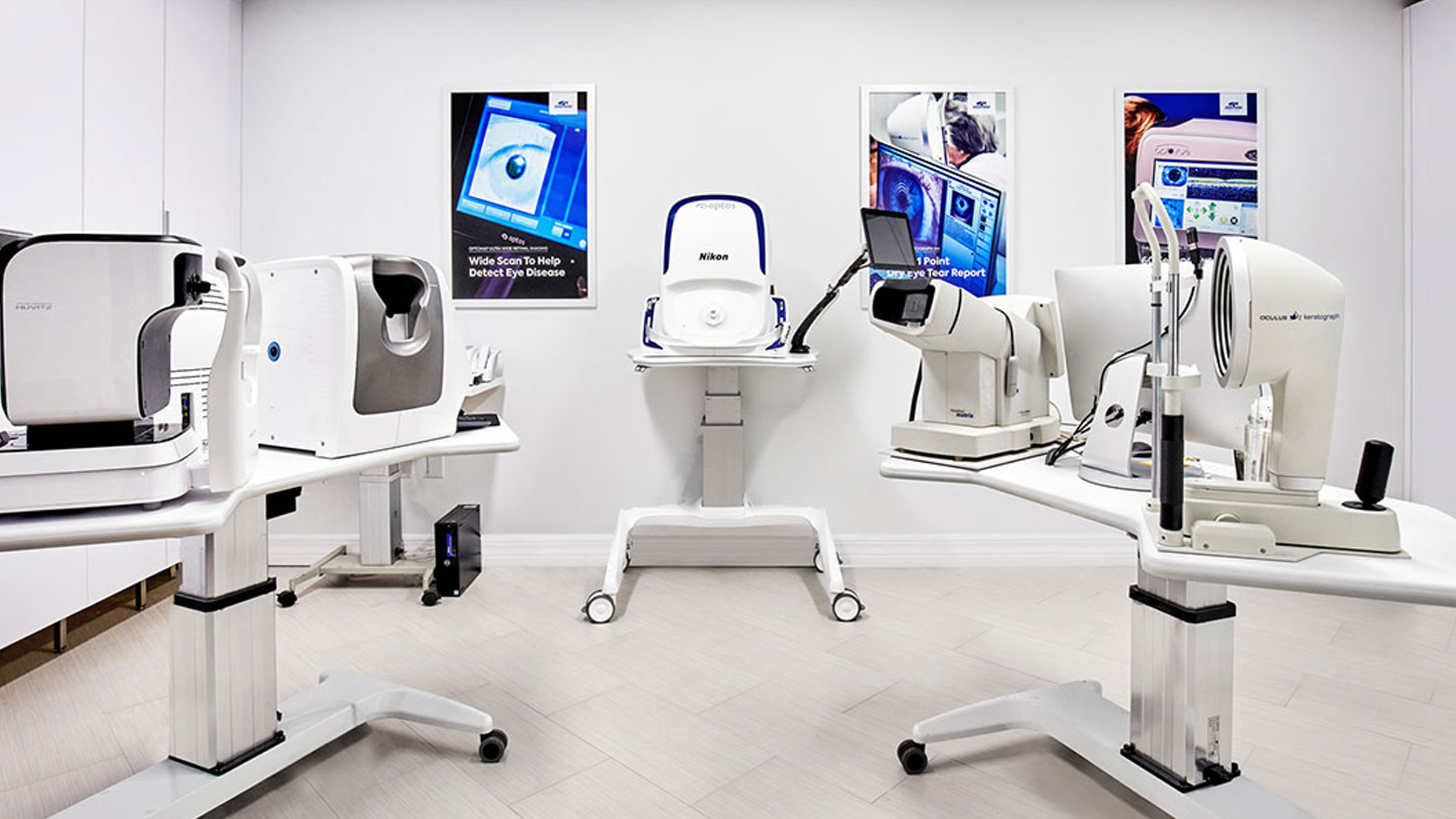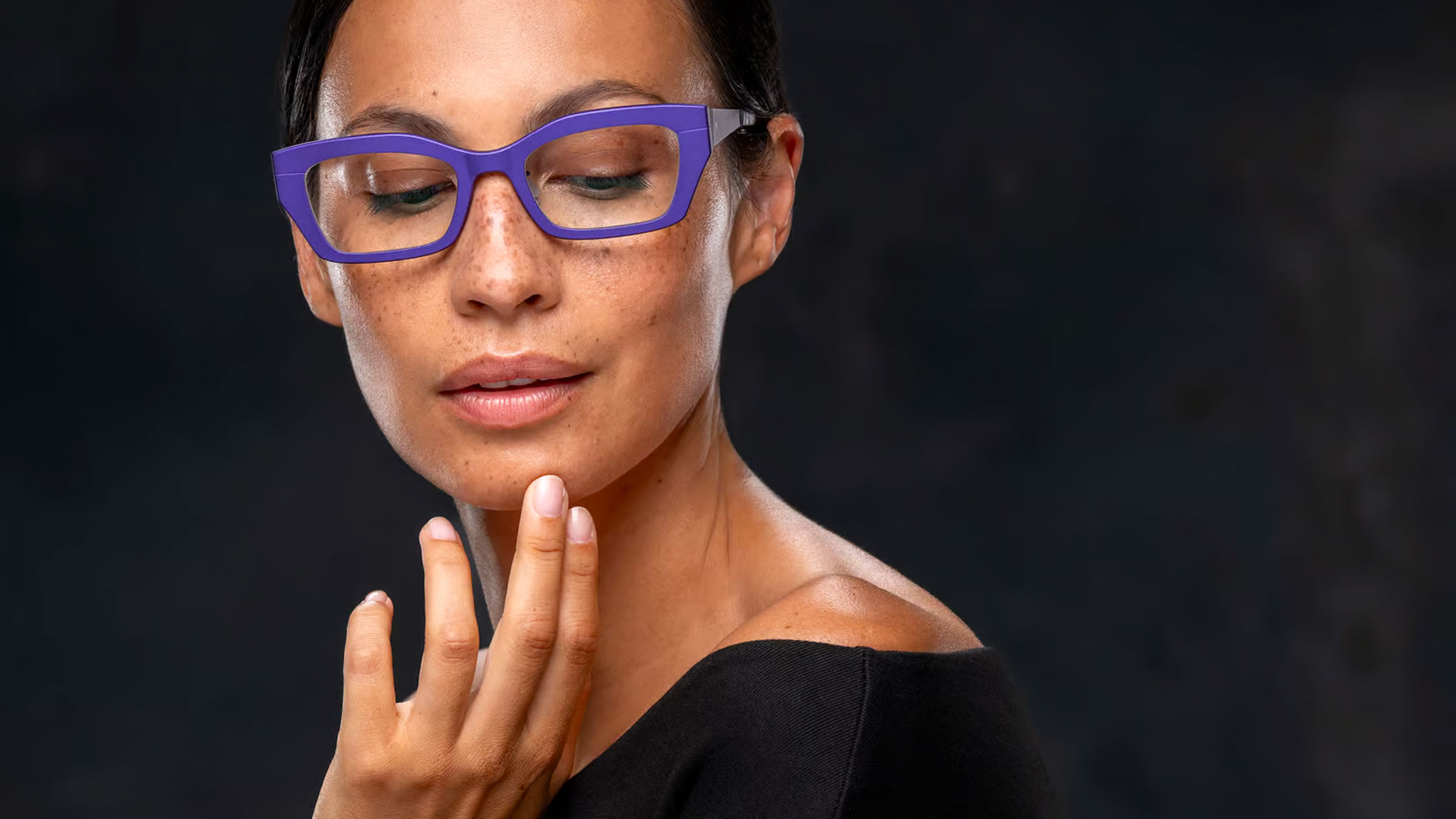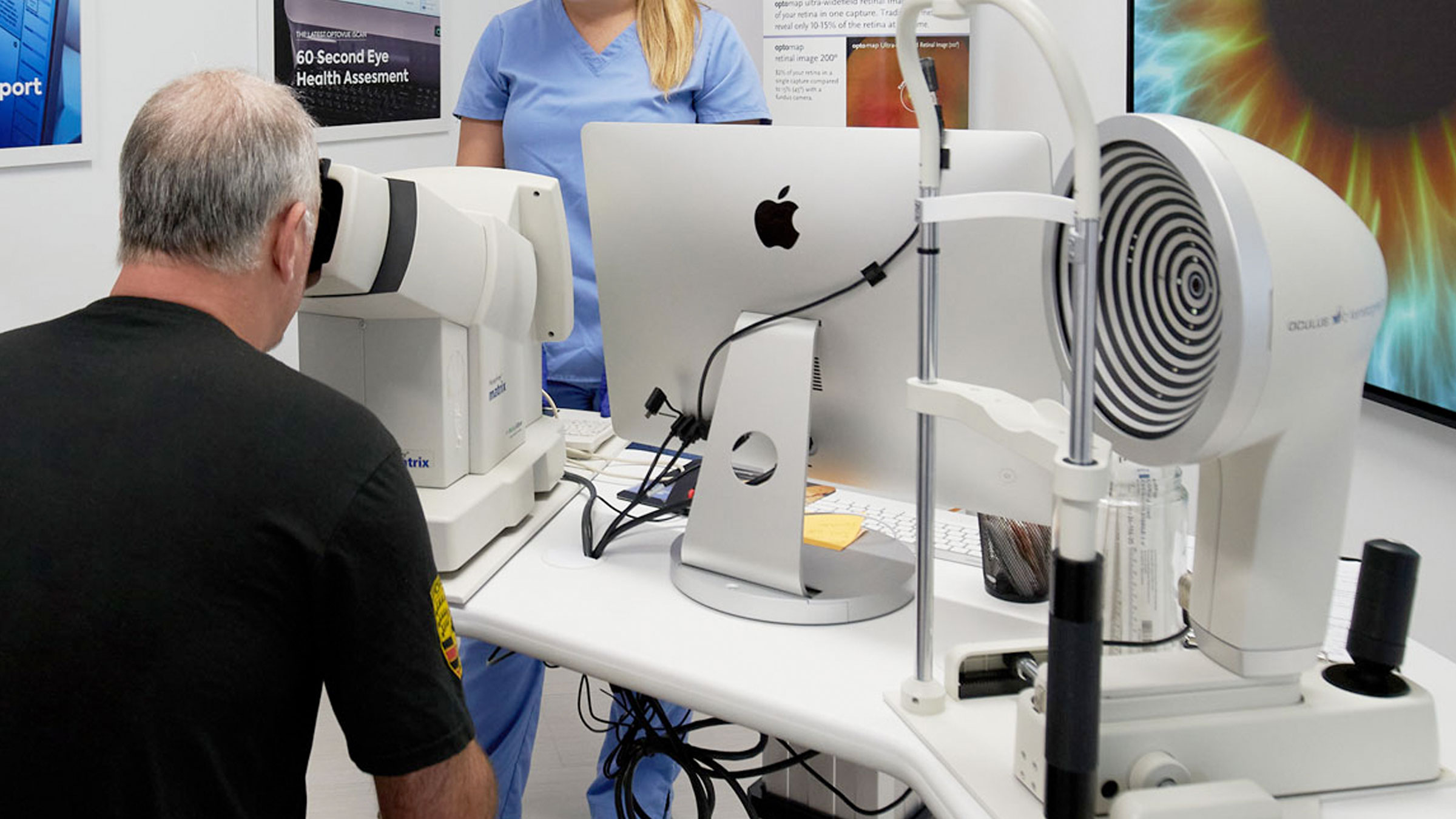The Purpose of an Eye Exam
An eye exam is a comprehensive evaluation of the health and functioning of your eyes. During the exam, an optometrist or ophthalmologist will assess how well you see by measuring how far away from you they can be when you can still make out their words, as well as check for any signs of potential problems with your eyesight. They may also use a variety of tests and tools to evaluate the health of each eye separately and both eyes together.
What to Expect at an Eye Exam
Your Optometrist will ask you a series of questions regarding medical and health history, family health history, medication usage, etc. This is also the time to ask your Optometrist any questions or express any concerns regarding your vision. There will be a few tests administered such as an eye pressure test, refraction testing, visual field testing, digital retinal imaging just to name a few.
Detecting Changes in Vision
Eye exams are important because they can detect changes in your vision early on, before you even notice them yourself. Conditions such as cataracts, glaucoma, or macular degeneration may not show any symptoms until they have advanced significantly. That’s why it’s key to get regular checkups so that any issues can be caught early on and treated accordingly. Plus, if there are no issues detected during the exam, you can rest easy knowing that everything is okay—for now!
Digital Retinal Imaging for Detecting other Health Problems
This is a very important test that determines the health of the back of the eye. This is achieved by taking an image of the entire retina and the optic nerve. Through this test we’re able to determine various eye diseases such as Macular Degeneration, Glaucoma, Diabetic retinopathy, ocular melanoma, tumors, and even hypertension. Getting a digital image yearly will help compare them to future images and keep tabs on any changes in your eye.
Prescribing Corrective Lenses
If something isn’t quite right with your vision during an eye exam, then corrective lenses may be prescribed as treatment. Your optometrist or ophthalmologist will work with you to determine which type of lenses are best suited for your needs—such as glasses or contact lenses—as well as providing advice on proper lens care and maintenance. Not only will this help improve clarity while reading or viewing objects far away, but it could also prevent further damage from occurring if there is an underlying issue detected during the exam.
Vision Screenings vs. Eye Exams
Vision Screenings
A vision screening is a quick test that can be performed by nurses or assistants to check for abnormal visual acuity. During a screening, you are asked to identify letters from about 20 feet away. The test will often test each eye individually and then together. If someone tests lower than a 20/40 level, they are referred to an eye care professional to assess for corrective lenses. The vision test at the DMV is a great example of a vision screening.
Comprehensive Eye Exams
A comprehensive eye exam is performed by optometrists and ophthalmologists, but include a full exam of the back of the eye to check for serious eye conditions in addition to the vision screening. This is why it’s important to have a yearly eye exam to check for eye conditions regardless of visual acuity.
Early detection is key
Having a yearly eye exam helps to detect any eye diseases in their early stages so they’re able to be quickly treated which prevents the disease from progressing. There are over 270 serious diseases that Optometrists can detect with an eye exam alone from diabetes to cancer.
Suffering from dry eyes?
If you’re feeling your eyes gritty, they’re red, painful, burning or even watering, you may be experiencing dry eye disease. This is one of the most common complaints eye doctors hear in their offices, dry eyes are also commonly mentioned in General Practice as well. Finding out what is causing dry eyes is key to managing symptoms. Some Optometrists offices are dry eye experts and have all the testing equipment and treatment options available to get to the bottom of what’s causing your discomfort.
Choosing the right doctor
An Ophthalmologist is a medical doctor who can practice medicine and can perform surgery in addition to performing eye exams and prescribing glasses and contact lenses. An optometrist is a licensed professional, not a medical doctor.
They mostly perform eye exams and vision tests and prescribe glasses and contact lenses. Optometrists are just as capable as Ophthalmologists to detect eye diseases and may prescribe needed medications for certain eye diseases. You can visit either one for an eye exam, but if you have any eye diseases that may require more in-depth treatment such as surgery, a visit to an Ophthalmologist may be more appropriate. A routine annual eye exam can be done with an Optometrist.
How to prepare for your eye exam
When you come in for your eye exam, it’s important to have the following information handy:
- Your vision insurance information
- A list of all medications you’re currently taking
- Your family medical history
- Any symptoms you’re feeling relating to your eyes
- Any questions you would like to ask your doctor
Regular eye exams are essential for maintaining good vision and overall health for both adults and children alike. Whether you’re experiencing blurry vision or need a routine checkup, seeing an optometrist or ophthalmologist should always be high up on your priority list! Eye examinations provide insight into potential issues that could otherwise go unnoticed until it’s too late to treat them successfully—so don’t wait; schedule an appointment today!
Seaview Optical carries a variety of designer eyewear, and offers the latest eye exam technology offering one of the most advanced eye exams in the market today.
